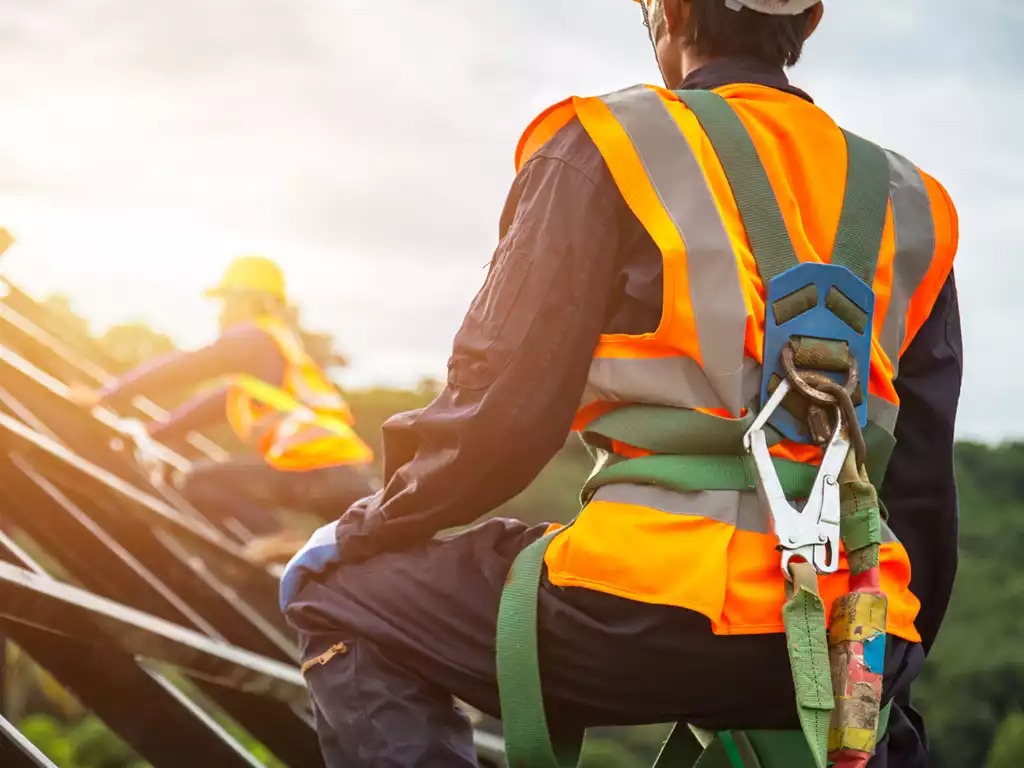Introduction
Construction is one of the most high-risk industries, requiring strict safety standards to protect workers from hazards such as falls, equipment accidents, and exposure to harmful substances. For contractors in Colorado, ensuring workplace safety is not just about protecting employees—it is also about meeting legal requirements and maintaining a strong reputation. This is why construction safety training colorado is essential. Training equips workers with the skills to follow compliance standards while adopting best practices that reduce accidents and improve efficiency on job sites.
Understanding Compliance in Construction
Compliance with safety regulations is a legal obligation for all construction companies. OSHA sets federal standards for workplace safety, and Colorado enforces additional guidelines to protect workers. By providing construction safety training colorado, contractors ensure that their crews understand how to meet these requirements. From fall protection systems to hazard communication, compliance-driven construction safety training colorado reduces liability, prevents fines, and keeps projects running smoothly.
OSHA-Certified Training Requirements
The Occupational Safety and Health Administration requires that workers in high-risk industries receive specific training. OSHA 10-hour and 30-hour courses are among the most recognized construction safety training colorado options. These programs cover topics such as hazard identification, personal protective equipment (PPE), and emergency response. Employers who prioritize OSHA-certified construction safety training colorado ensure their workers are not only protected but also legally compliant.
Best Practices for Safer Job Sites
Compliance is the foundation of safety, but best practices go beyond simply meeting regulations. Through construction safety training colorado, crews learn proactive approaches such as conducting daily safety inspections, maintaining clear communication on job sites, and ensuring proper use of equipment. When contractors embed these best practices into their operations, construction safety training colorado transforms safety from a legal requirement into an integral part of company culture.
Role of Supervisors in Compliance
Supervisors play a vital role in ensuring crews follow safety standards consistently. Specialized construction safety training colorado for leaders emphasizes risk assessment, hazard reporting, and effective communication. Well-trained supervisors can identify non-compliance issues quickly and correct them before they lead to accidents. By equipping leaders with proper construction safety training colorado, companies strengthen compliance and create safer, more accountable teams.
Reducing Risks Through Tailored Training
Different roles on a construction site face different hazards, making tailored programs essential. For example, electricians need training on electrical safety, while crane operators require instruction on equipment-specific risks. Customized construction safety training colorado ensures that every worker receives the knowledge most relevant to their tasks. This role-specific approach enhances compliance and reduces risks across all aspects of a project.
Financial Benefits of Compliance and Training
Accidents on construction sites can lead to medical expenses, insurance claims, and costly project delays. By investing in construction safety training colorado, contractors minimize these risks and improve profitability. Compliance with OSHA standards also helps avoid fines and legal complications. Beyond cost savings, a reputation for prioritizing construction safety training colorado can attract clients who value safety-conscious contractors.
Modern Training Approaches
Today’s construction safety training colorado programs leverage modern technology to improve accessibility and engagement. Online courses, virtual reality simulations, and hybrid training models allow workers to learn at their own pace while gaining practical knowledge. These innovative methods ensure that compliance requirements are met while making training more effective and memorable.
Building a Long-Term Safety Culture
Sustained compliance and best practices require more than one-time training sessions. Ongoing construction safety training colorado reinforces safe behaviors, updates workers on new regulations, and strengthens the safety culture within a company. When safety becomes part of everyday routines, crews naturally prioritize it, resulting in long-term reductions in accidents and liabilities.
Conclusion
For Colorado’s construction industry, compliance with safety standards is non-negotiable, but true success comes from going beyond the basics. By implementing construction safety training colorado, contractors equip their crews to meet legal requirements while embracing best practices that foster safer, more efficient job sites. From OSHA-certified courses to role-specific instruction, construction safety training colorado reduces risks, saves costs, and strengthens company culture. As projects continue to grow across the state, prioritizing compliance and best practices through construction safety training colorado remains essential for every construction company dedicated to safety and success.



